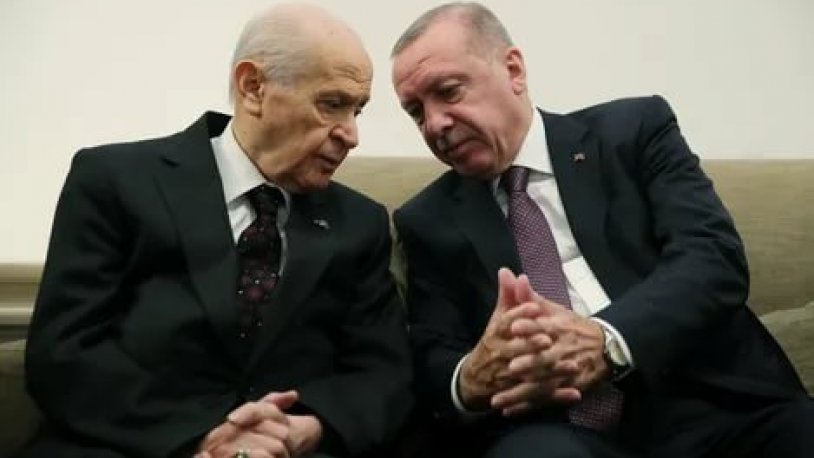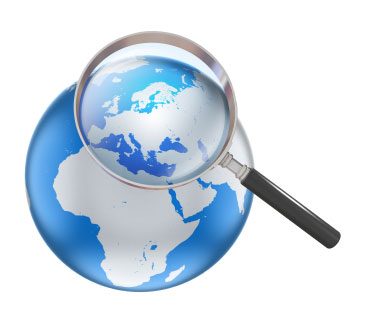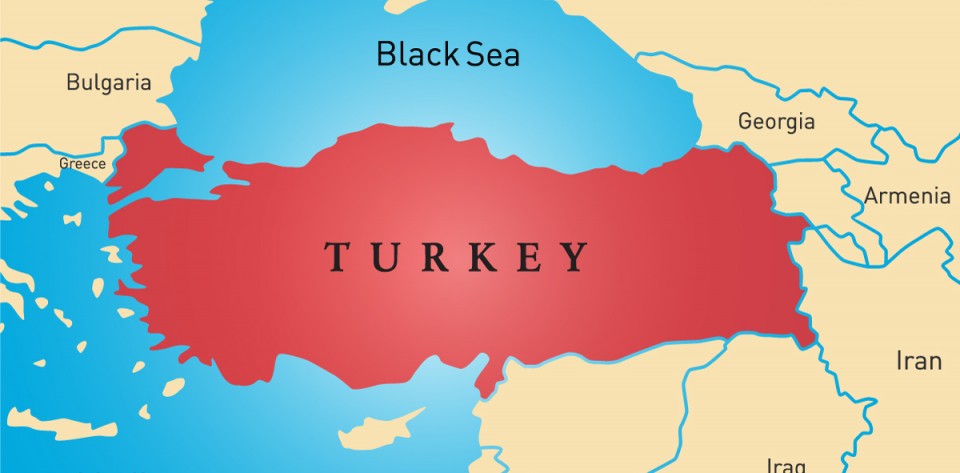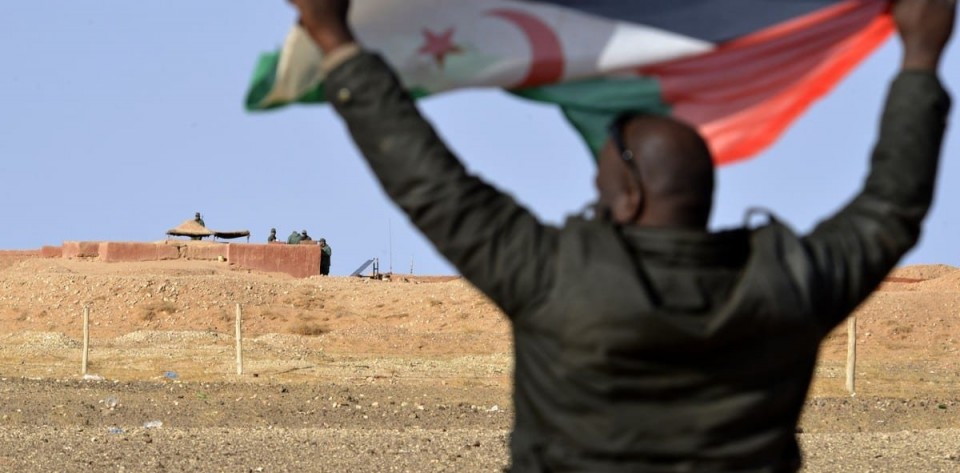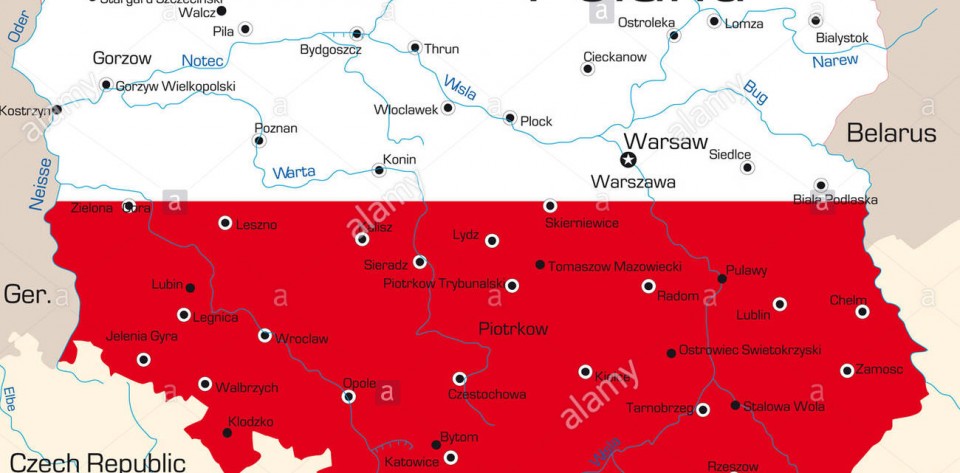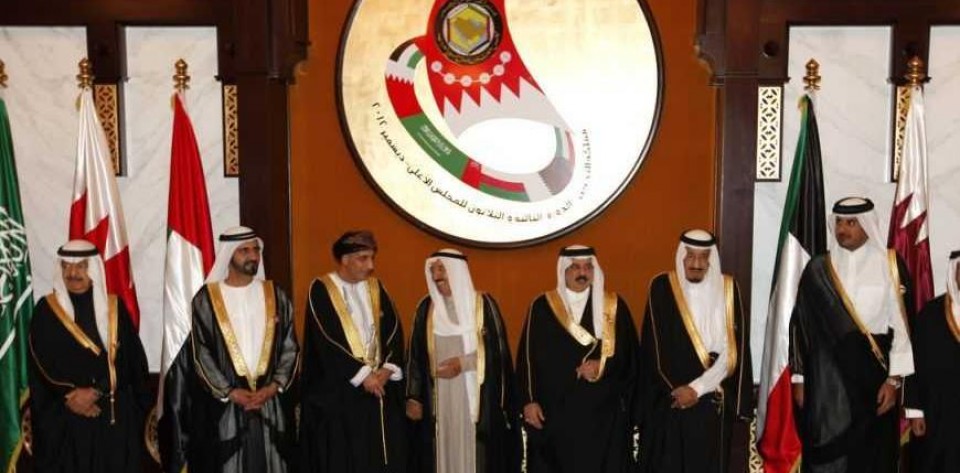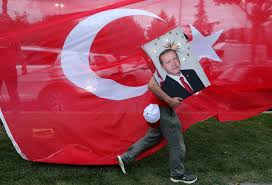
If you are someone good with numbers, you should come to conclusion even before reading this article that AKP popularity is getting lower and President Erdogan wants to split the opposition bloc. Then, you are right.
AKP+MHP coalition popularity has been dropping dramatically since Covid-19 emerges in March 2020. Once Covid-19 emerges, government decided to introduce measures in order to fight with spreading the virus. As expected, it created economic disruptions which cause rising unemployment and reducing the economic activities. While economic disruptions merged with the undemocratic administration for years, it resulted with dropping polls. If there will be an election today, the polls indicate that AKP+MHP coalition may not be elected. President Erdogan does not want to meet such consequences. In case he loses the coming election, President Erdogan is aware that there will be numerous forensic investigation about his administration concerning the corruption charges in state tenders, investigation about the details of coups attempt which AKP rejected such investigation within parliament, involvement of private companies in state affairs and others. Therefore, President Erdogan has to take all measures to stop such risks emerging in future.
YOUTUBE
Moreover, Turkey has 10% election threshold since 1980 military coup. It is the highest in the world. Thus, causes great criticism from Western countries since it creates extraordinary difficulties for small parties to enter the parliament.
By reducing the threshold from 10% to 5%, President Erdogan wants to achieve disruption for opposition bloc to consolidate power against him while giving message to Western countries that Turkey is transforming which would reduce the criticism to AKP. Moreover, he expects such moves would help the foreign direct investment to country.
However, this moves comes with potential risks. Foreign direct investment will not increase with this move. Foreign investors are not concerned with the election threshold. They are concerned with the laws which creates risks to their investment. Moreover, they are mostly critical to operation of Central Bank which is believed that it is not independent.
Unfortunately, this is not the most critical issue. AKP + MHP have already prepared the necessary laws and would give to parliament for approval. Once it is approved, there would be more parties represented in parliament. That gives two path to parliament in the future; either it will pull Turkey into more extreme direction or paralyze the policymaking. In both options, the foreign policy making decision as well as business practice in all major levels will be affected negatively.
Naturally, it is important for all aspects of the population to be represented in parliament. Like in all western countries, this is intended to pull parliament to be more effective and create better solutions for ongoing problems. However, Turkey has structural problems with party administration. And it is not applicable for AKP but for all political parties in Turkey.
The political parties expect their parliaments, members, regional leaders to follow party elite decision. Moreover, it is expected from their constituents to follow their decision. I.e. in previous presidency election in 2014, CHP president candidate was a conservative person who has been not regarded as “president candidate of hearts” by CHP constituents. Thus, ending up losing the election in 2014, In 2018, CHP president candidate was a party member and well-known parliament member for years. However, CHP party elites do no back him up and he had many disputes with CHP party leaders during his campaign. The most important one was his administration team in case he won the elections. Party elites insisted that those members would be assigned by party leaders whereas he insisted those would be chosen by himself.
Those are great examples, how political parties consider the democracy and the rights of constituents as well why Turkish foreign policy do not develop well enough. Turkey has been under the influence of certain interest groups for years. Under this influence, it has been ruled for years. Even if such threshold will be 5% or 3% in near future, the main problem of Turkish policy is not the representative of blocs but political elites itself. Unless, people who are competent enough to influence Turkish politics represent the parties, Turkey’s democracy will be under pressure.

